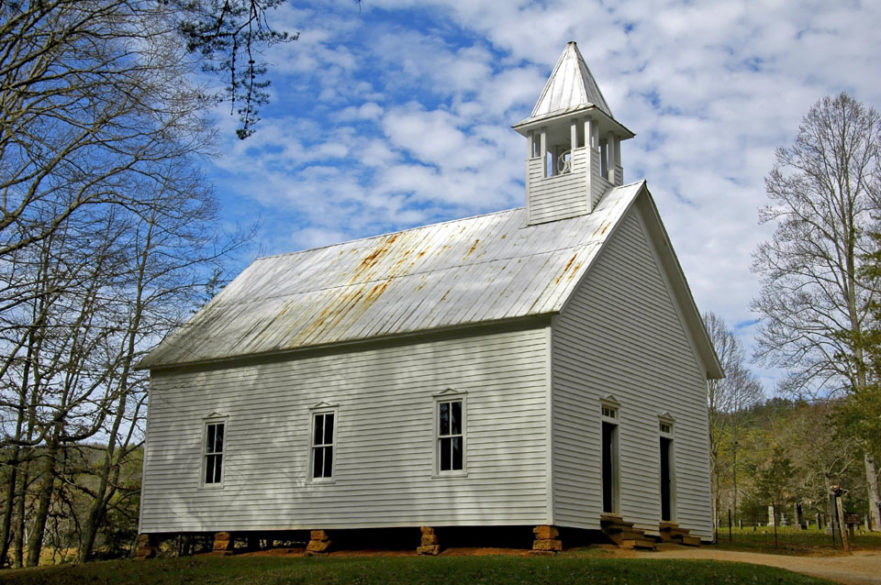Churches today share some similarities with non-religious organizations in how they are run. For instance, church operators need to think about tax-exempt status, employment requirements, insurance and property ownership just as any other business operator would.
Despite some similarities, though, churches are not the same as non-religious organizations. This can make it difficult to understand how to resolve disputes that involve the operation of a church. Recently, the Tennessee Supreme Court weighed in on this issue.
According to reports, the dispute involved the selection of a pastor and ownership of the church property. At odds were the church and its parent group.
Two lower courts determined that it was not up to them to decide religious matters, and that deciding on the issue of property ownership would also decide which party could choose the pastor.
However, the Tennessee Supreme Court determined that the courts “could and should” make decisions regarding matters like property disputes, though they should still refrain from making decisions on the church’s customs, laws or internal governance. As such, the Supreme Court enforced governing documents regarding church property ownership but did not make a decision regarding the selection of the pastor.
Disputes involving churches and other non-profit entities can be much more complicated than people realize, especially when the line between a legal matter and a church matter becomes blurred. With this in mind, it can be wise for religious institutions to discuss these and similar matters with an attorney.
With legal guidance and support, it can be possible to resolve these disputes quickly and as amicably as possible, which is often a top priority for the parties involved.

